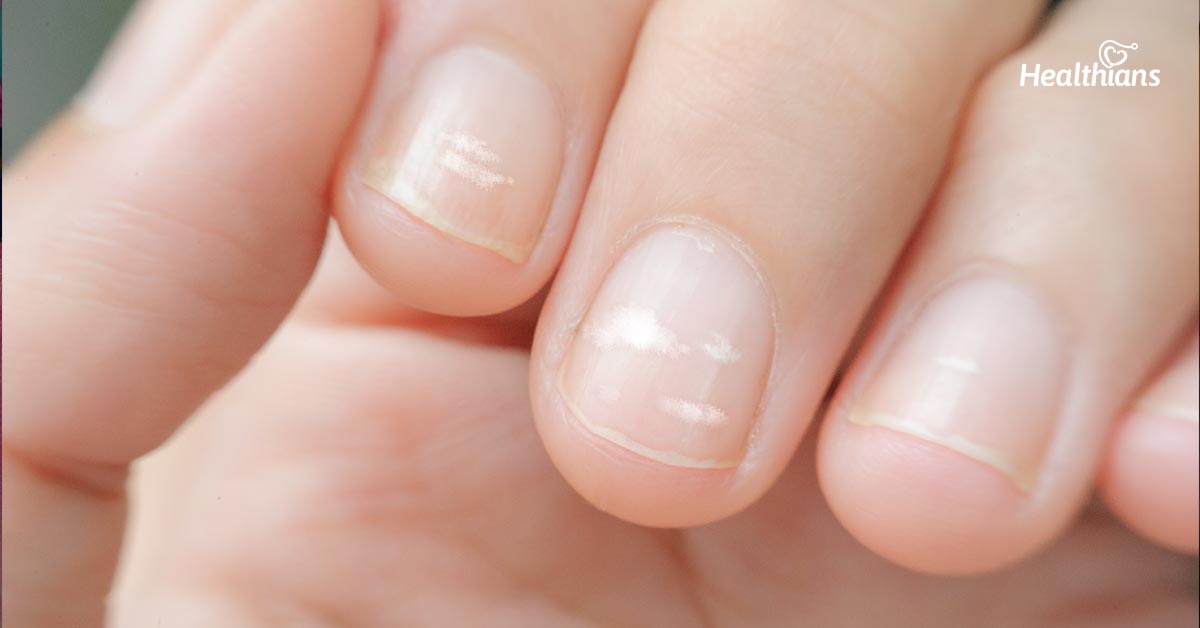Contributed by – Healthians Team
Do you often complain about brittle nails, slower hair growth, weak bones, tooth decay? All these are ways in which our body tells us that everything is not fine.
We are so engrossed in our busy lives that our health usually takes a backseat. Nutritious and timely meals have become a luxury for many of us. Absorbed in our daily routines we tend to forget that health is the essence of our existence. Poor lifestyle choices gradually leads to various deficiencies and health disorders.
Calcium deficiency is one of the major health problems affecting many of us. Calcium is essential as it not only builds and maintains strong bones and teeth; our heart, muscles and nerves also need it to function properly. The deficiency of calcium can cause health disorders like:
- Osteoporosis
- Hypocalcemia
Let’s go through some of the most frequently asked questions about calcium deficiency.
What causes low calcium levels in the body?
Calcium is the essence of our body and its deficiency can lead to a lot of health issues. In order to tackle the problem we have to know the cause. The major causes of calcium deficiency are:
- Inadequate consumption of calcium in our diet
- Menopause
- Vitamin D deficiency
- Aging
- Low magnesium levels
- Pancreatitis
- Genetic factors
What are the symptoms of calcium deficiency?
In the early stages of calcium deficiency the symptoms are not visible. They become visible as the deficiency progresses. The major symptoms include:
- Muscle spasm
- Confusion or memory loss
- Numbness or tingling in the hands, feet and face
- Fatigue
- Depression
- Hallucination
- Brittle nails
- Weak bones that are more prone to fractures
What can happen if your calcium level is too low?
Calcium deficiency is called hypocalcemia which is low levels of calcium in the blood plasma. There are various kinds of hormones in the body that keep the blood calcium levels within a normal range.
The normal range of calcium in our body is between 8.5 to 10.5 mg/dL (2.12 622. mmol/L).
Changes in the level of calcium in the plasma or a reduced consumption of calcium in the diet can cause the calcium level to drop really low. Low calcium levels or hypocalcemia causes the body to pull calcium from the bones to maintain normal blood calcium levels to perform vital body functions. It can eventually lead to osteoporosis.
Children and women are at a much higher risk of calcium deficiency. Children may not reach their probable height. The decline in the hormone estrogen during menopause causes a woman’s bones to thin faster and make them prone to osteoporosis.
How to test for calcium deficiency?
A blood calcium test is mostly recommended when a person undergoes a general medical examination. An abnormal total calcium test result is an indicator of an underlying problem. To diagnose the problem, additional tests are often advised.
These include tests for ionized calcium, urine calcium, phosphorus, magnesium, vitamin D, parathyroid hormone (PTH) and PTH-related peptide (PTHrP). PTH and vitamin D levels are responsible for maintaining calcium concentrations in the blood within a narrow range of values.
How much calcium do we need?
Our body requires calcium for the proper functioning of heart, muscles and nerves. But calcium is not something that our body can make on its own, it mostly depends on our diet. The recommended calcium intake is:
Adults ages 18-50: need 1000 milligrams (mg) of calcium per day
Adults ages 51 or older: need 1200 milligrams of calcium per day
What are the foods to be taken to cure calcium deficiency?
Eating food is just not enough, our meals should contain proper proportions of nutrients desired by our body. To achieve the required calcium levels of our body, we must add the following food in our diet:
- Beans
- Green leafy vegetables
- Dairy foods like milk ,curd or yogurt, cheese
- Cottage cheese
- Nuts like almond
- Legumes
- Dietary supplements (should only be taken when recommended by the doctor).




